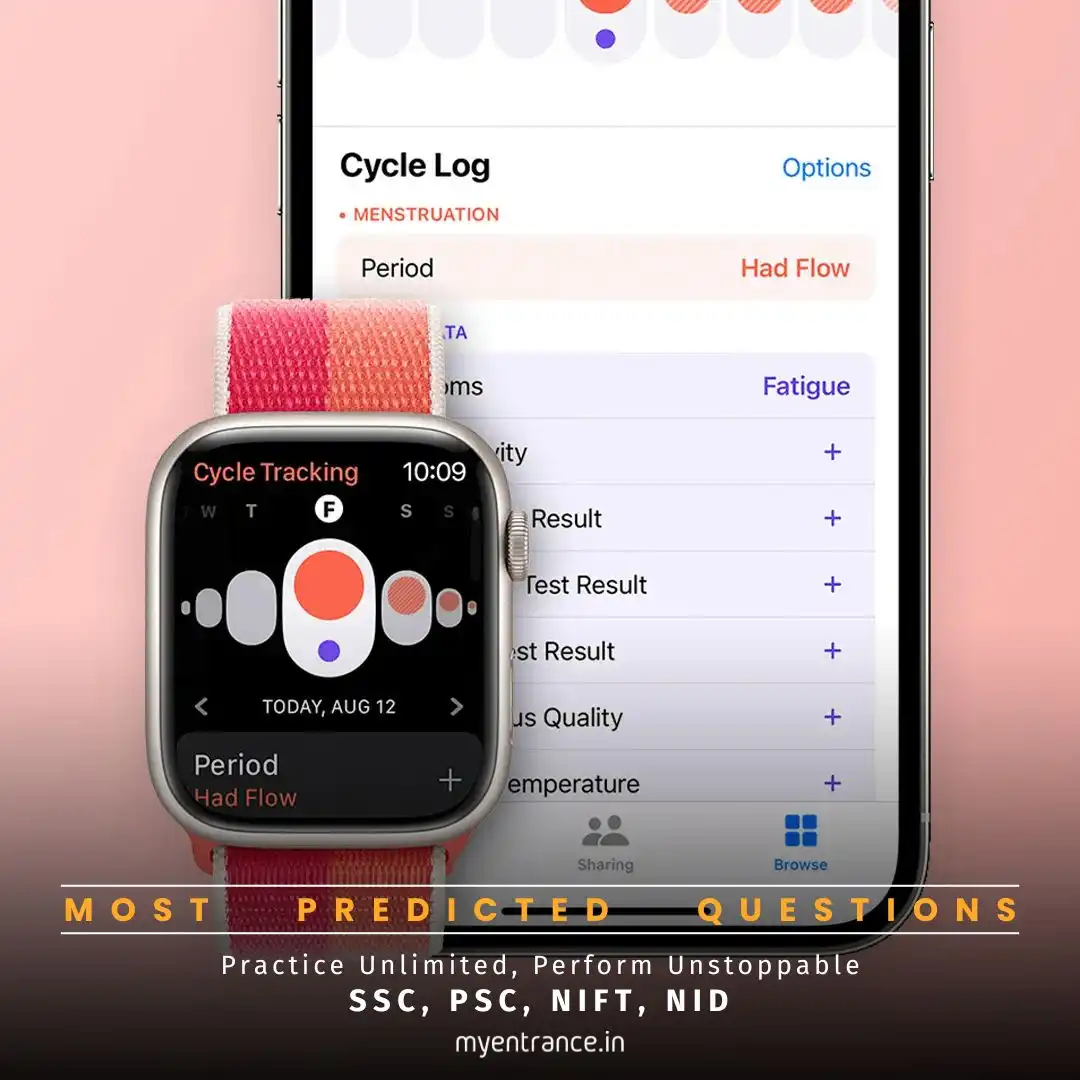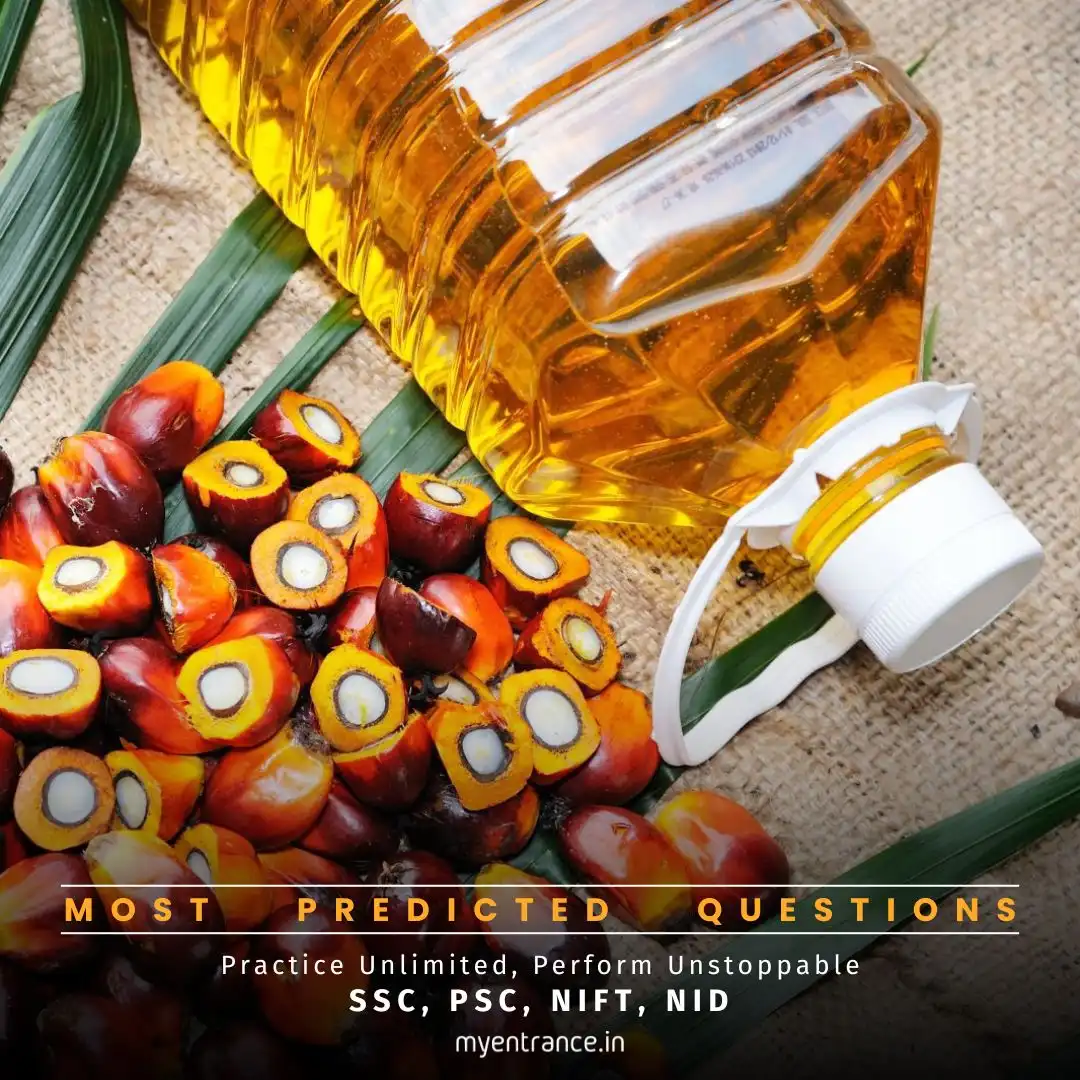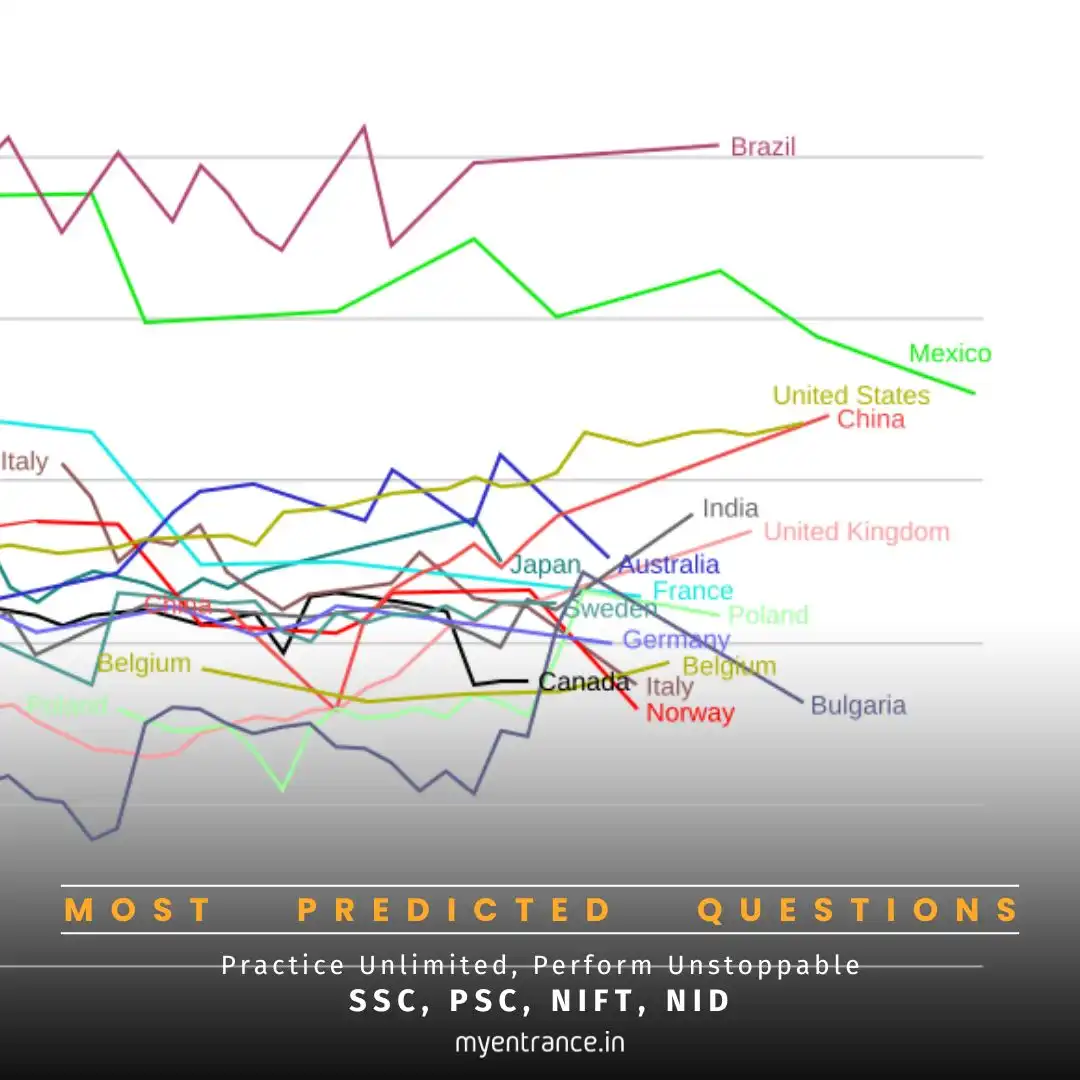Select Language
What Recent Studies Reveal About Plastic Waste & Its Economic Impact?
Plastic pollution isn’t just an environmental crisis—it’s an economic one. Recent studies show that immediate bans on harmful plastics (like straws, polystyrene packaging, and cotton buds) could save trillions while drastically reducing pollution. For competitive exam aspirants, understanding this issue is crucial for environmental science and current affairs sections.

The Urgent Need to Ban Single-Use Plastics
Research commissioned by the WWF and Earth Action (EA) highlights that quick, decisive action against single-use plastics is far more effective than gradual phase-outs. Key findings include:
Global savings of $8 trillion by 2040 with an immediate ban.
Reduction of 51–74 million tonnes of mismanaged plastic waste.
Lower greenhouse gas emissions and less ocean pollution.
What Are Problematic Plastics?
These are plastics that frequently escape waste management systems, harming ecosystems and human health. Examples:
Expanded polystyrene (used in packaging).
Polyvinyl chloride (PVC) (common in pipes and toys).
Single-use items like straws, cotton buds, and cutlery.
Plastic Production vs. Waste: Shocking Stats
430 million tonnes of plastic are produced yearly.
280 million tonnes become waste—22% of which pollutes land and oceans.
Nearly half ends up in landfills, worsening long-term environmental damage.
Economic Impact: Ban vs. Business as Usual
Business-as-usual (BAU) scenario: Costs could hit $10 trillion by 2040.
Immediate global ban: Costs $2 trillion but saves $8 trillion compared to BAU.
Phased bans still save money but are less effective than swift action.
Environmental Benefits of a Quick Ban
Cuts plastic consumption by 173–224 million tonnes.
Reduces mismanaged waste by 51–74 million tonnes.
Lowers carbon emissions and protects marine life.
Private Sector Impact & New Opportunities
While bans may disrupt plastic markets ($228 billion in losses), they also create opportunities:
Reusable product markets expand.
Circular business models gain traction.
Waste management savings ($50 billion) outweigh administrative costs ($323 million).
Policy Scenarios & Global Cooperation
Six models were tested, including:
Full immediate bans.
Phased reductions.
Differentiated timelines for high/low-income countries.
International agreements (like the Montreal Protocol) show how global cooperation can enforce effective bans.
Sample Questions & Answers for Competitive Exams
Q: How much could the global economy save by banning single-use plastics by 2040?
A: Up to $8 trillion, according to WWF and Earth Action.
Q: What percentage of plastic waste is mismanaged globally?
A: 22%, leading to severe environmental pollution.
Q: Which plastic is commonly found in packaging and is highly problematic?
A: Expanded polystyrene, often used in food containers.
Q: How does an immediate plastic ban compare to a phased approach economically?
A: Immediate bans save $1 trillion more than phased plans.
Q: What treaty serves as a model for global plastic ban agreements?
A: The Montreal Protocol, which successfully regulated ozone-depleting substances.
Why Is This Important for SSC, PSC, NIFT, and Other Exams?
Current Affairs: Plastic pollution is a hot topic in UPSC, SSC, and state PSC exams.
Environmental Science: Key for NID, NIFT, and FDDI entrance tests.
Economics: Understanding cost-benefit analyses helps in banking and civil service exams.
Policy Questions: International agreements like proposed plastic bans are frequently asked in competitive exams.
Get 3 Months Free Access for SSC, PSC, NIFT & NID
Boost your exam prep!
Use offer code WELCOME28 to get 3 months free subscription. Start preparing today!















